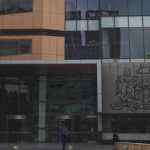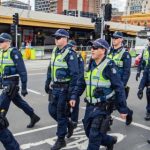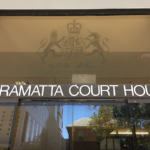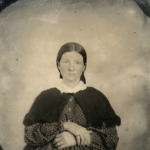What happens in Supreme Court trials: From arraignment to the defence barrister closing speech

If you are asked to stand trial in NSW, you will either go to the local court, the district court or the Supreme Court. The supreme court of NSW generally deals with more serious cases than the smaller courts. If your case is due to be heard in the supreme or district court, the process will be more complex than for matters that are heard in the local court. Here is a brief overview of some of the things that are likely to happen if your case is heard in the NSW Supreme Court.
Arraignment is where you are read the charges, and asked to plead guilty or not guilty. Make sure you discuss this with your lawyer, and follow their instructions. How you plead can make a big difference to how your case is treated, and the penalty you get if you are found guilty.
Once the jury has been selected, the prosecution will open with a brief summary of the charges, followed by the defence lawyer, who will briefly outline the defence, if they wish. This stage is optional, and many defence lawyers prefer to hear the prosecution’s case, before committing to a particular line of defence.
The prosecution presents their evidence first, including any documentary evidence and witness statements. The witnesses will be questioned by the prosecution, and asked to give their evidence. Once the prosecution has completed their examination of the witnesses, the defence will be allowed to cross-examine them to try to discredit them, or find inconsistencies in their evidence. During this process, the defence must make the basis for their case clear.
After the cross-examination, the prosecutor can re-examine the witnesses if any new evidence has been revealed. Once they are satisfied, they will declare their case closed, or concluded. After the prosecution’s case has been closed, the defence lawyer can either ask for the judge to direct an acquittal, in cases where the prosecution case seems particularly weak, or continue to present their case.
If there is no acquittal, the defence will continue to present their case, including evidence, and will examine their witnesses. The process of questioning for defence witnesses is the same as for prosecution witnesses. Once the defence has finished questioning witnesses, and the prosecution has re-examined any witnesses they consider necessary, the prosecution will give their closing statement. The prosecution’s closing is then followed by the defence barrister closing speech.
Once both sides have made their closing speeches, the judge will summarise the arguments for both sides to the jury, and provide them with any relevant instructions. Once this is over, the jury will deliberate in private until they have come to a verdict. During this process they may ask questions about the case and the evidence they have heard. Once they have decided whether a defendant is guilty or not, they will deliver their verdict, and then the judge will decide on a sentence.
The court process can take a while, depending on the complexity of the case and the number of witnesses involved. If you have been committed to stand trial at the Supreme Court, make sure you hire an experienced criminal defence lawyer with a history of getting results in Supreme Court cases, in order to give yourself the best chance of a positive outcome.






